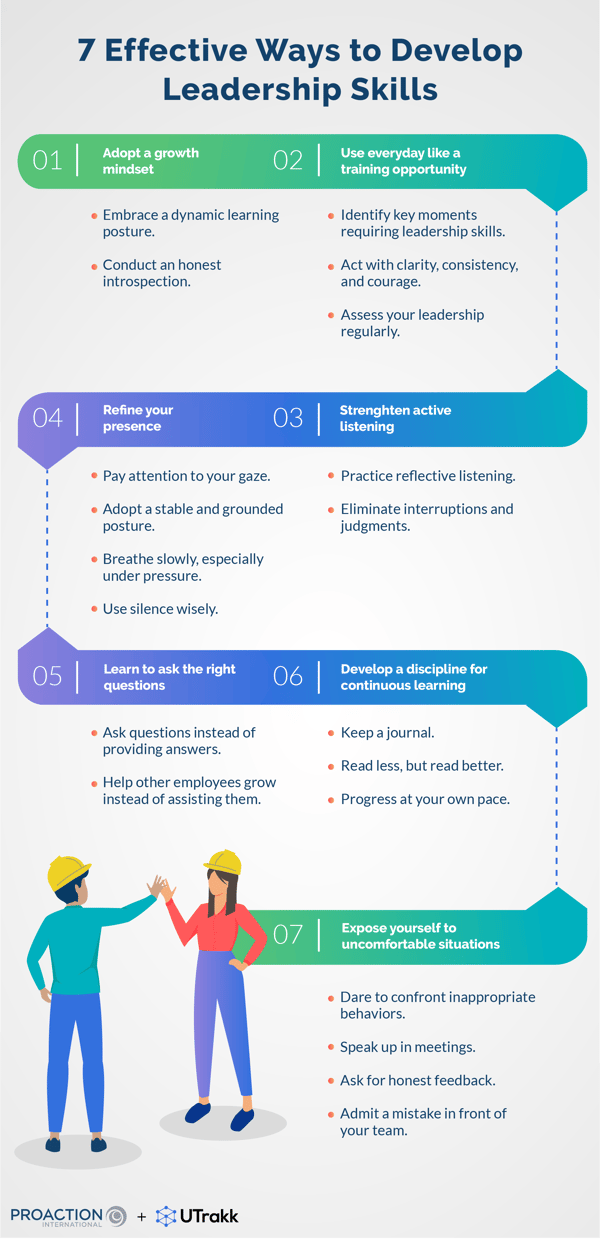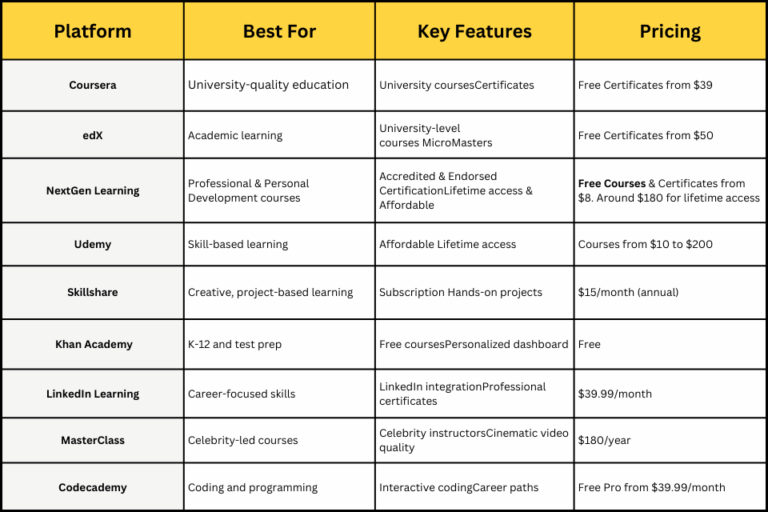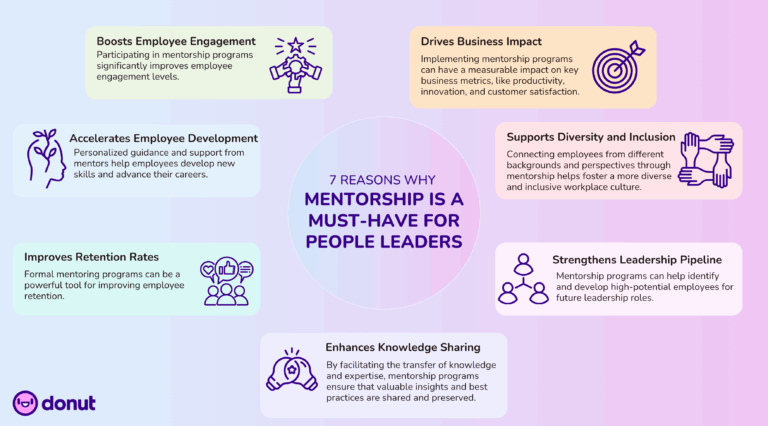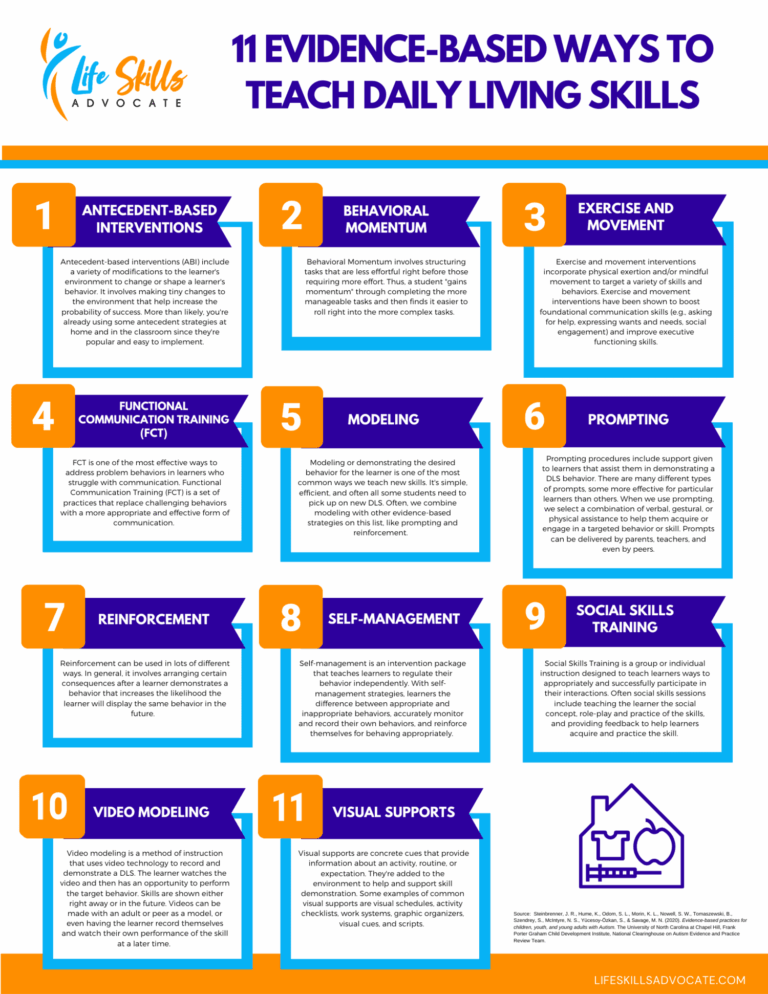How To Develop Leadership Skills Without A Management Position

What if I told you that leadership isn’t just about having a title? You can develop leadership skills through everyday actions and by taking on responsibilities that do not require you to be in a management position. This approach offers valuable experience and enhances your ability to lead effectively when the opportunity arises.
Throughout history, many influential leaders started without formal authority. According to a Gallup poll, 70% of employees prefer leaders who care about their personal development. Volunteering for new projects, mentoring peers, and consistently demonstrating integrity can significantly boost your leadership capabilities.
- Volunteer for leadership roles in community or industry groups.
- Be a mentor or seek guidance from a mentor to gain leadership insights.
- Strengthen communication skills through public speaking and active listening.
- Take initiative in your current role by suggesting improvements and leading projects.
- Commit to continuous learning and adapt flexibly to new challenges.

How to Develop Leadership Skills Without a Management Position
Leadership isn’t just about having a formal title. You can start by volunteering for leadership roles in community or industry groups. This gives you a chance to practice decision-making and teamwork. By stepping up, you show that you are ready to lead. This experience is valuable for your career growth.
Being a mentor or finding a mentor helps you develop essential leadership skills. Mentoring others lets you share knowledge and guide someone’s development. According to this post, mentoring can significantly speed up your leadership journey. Learning from a mentor also provides insights into handling challenges. It’s a mutually beneficial relationship.
Effective communication is key to leadership. Practice speaking clearly and listening actively. This helps in building strong relationships with your team. Set up regular feedback loops to understand and address concerns. Good communication fosters trust and collaboration.
Taking initiative in your current role is another way to build leadership skills. Look for areas where you can make improvements or suggest new ideas. This shows your proactive nature and commitment to the organization’s success. Additionally, keep learning and adapting to new changes. Continuous learning ensures you stay updated and relevant in your field.
Step #1: Volunteer for Leadership Roles in Community or Industry Groups
Volunteering for leadership roles is a great way to develop your skills. You can start by joining local clubs or professional associations. Taking on responsibilities in these groups helps you practice leadership without the pressure of a formal job title. Plus, you’ll be able to connect with other like-minded individuals. This not only boosts your confidence but also builds your network.
There are many ways to get involved. You can lead a committee, organize events, or manage projects. Each role provides unique challenges and learning opportunities. By tackling these challenges, you improve your problem-solving and decision-making skills. This experience is valuable and can be highlighted on your resume.
Volunteering also allows you to make a positive impact. When you lead a community project, you see the direct results of your efforts. This provides a sense of accomplishment and purpose. Moreover, it demonstrates your commitment to making a difference. This dedication is often recognized and appreciated by both peers and employers.
Finally, volunteer roles often come with mentorship opportunities. Experienced leaders in the group can guide you and offer valuable advice. This mentorship relationship helps in navigating complex situations. It also provides insights into effective leadership styles. Taking advantage of these opportunities accelerates your development as a leader.
Step #2: Mentorship: Be a Mentor or Seek a Mentor
Being a mentor allows you to share your knowledge and experience with others. It sharpens your leadership skills as you guide someone through their career path. You learn to listen better and offer practical advice. Mentoring forces you to reflect on your journey and articulate your thoughts. This reflection helps in identifying your strengths and areas for improvement.
Seeking a mentor is equally important. A good mentor provides valuable insights and guidance. They can help you avoid common mistakes and navigate tricky situations. Mentorship offers a unique learning experience outside of formal training. It’s a chance to gain wisdom from someone who has walked your path before.
To find a mentor, start by identifying leaders you admire in your field. Reach out to them through professional networks or mutual connections. Be clear about your goals and what you hope to gain from the relationship. Many experienced professionals are willing to help budding leaders. Their guidance can be a game-changer for your growth.
Mentorship relationships are mutually beneficial. As you grow under a mentor’s guidance, you can simultaneously offer assistance to others. For example, you can mentor junior colleagues or students in your field. This creates a cycle of continuous learning and improvement. Overall, mentorship enriches both parties involved and fosters a supportive professional community.
Step #3: Strengthen Communication Skills
Strong communication skills are essential for effective leadership. Start by practicing active listening. This means fully focusing on the speaker, understanding their message, and responding thoughtfully. It shows respect and builds trust. Clear communication reduces misunderstandings and creates a positive work environment.
Another way to improve communication is by enhancing your public speaking skills. Join a local Toastmasters club or participate in public speaking workshops. These platforms offer opportunities to practice and receive feedback. Public speaking helps you articulate your ideas clearly and confidently. Over time, these skills will make you a more persuasive leader.
It’s also important to be aware of non-verbal communication. Your body language, facial expressions, and eye contact all convey messages. Positive body language can enhance your words and make you more approachable. Be mindful of your gestures and posture when communicating with others. This awareness improves how your message is received.
Regular feedback sessions are valuable for honing communication skills. Ask colleagues for feedback on your communication style and effectiveness. This can provide insights that you might not notice on your own. Constructive feedback helps you identify areas for improvement. It also shows your commitment to becoming a better leader.
Written communication is just as important as verbal communication. Practice writing clear and concise emails, reports, and presentations. Ensure your message is easy to understand and free of jargon. Good written communication can enhance your professional reputation. It also ensures that your ideas and instructions are clearly conveyed.
Lastly, adaptability is key to effective communication. Different situations and people require different communication styles. Be flexible and adjust your approach as needed. This makes your communication more effective and builds stronger relationships. Flexibility in communication demonstrates empathy and understanding.
Step #4: Take Initiative in Current Role
Taking initiative means going beyond your job description. Start by identifying areas for improvement in your current role. Suggest new processes or solutions that can benefit your team. This shows your proactive nature and commitment to the company’s success. Actively seeking ways to add value sets you apart.
Volunteer for projects or tasks outside your normal duties. This broadens your skill set and exposes you to new experiences. By tackling diverse challenges, you develop versatile problem-solving skills. Taking on additional responsibilities demonstrates your eagerness to learn. It also shows leadership potential to your supervisors.
Leadership isn’t always about grand gestures. Small actions, like offering help to colleagues, can make a big difference. These acts build a supportive and collaborative environment. Helping others fosters teamwork and trust. This approach leads to stronger connections within your team.
Communicate your ideas confidently and clearly. Present new ideas in meetings or through written proposals. Show that you’ve thought through the benefits and potential challenges. Clear communication helps you gain support for your initiatives. It also demonstrates your ability to think strategically.
Continuous learning is crucial for taking initiative. Participate in training sessions or online courses to enhance your skills. Stay updated with industry trends and best practices. This knowledge allows you to bring fresh ideas to your role. Employers value employees who invest in their growth.
Taking initiative often involves calculated risks. Don’t be afraid to step out of your comfort zone. Embrace challenges and view them as learning opportunities. Risk-taking shows your willingness to innovate. This characteristic is essential for effective leadership.
Step #5: Learn Continuously and Adapt Flexibly
Continuous learning is vital for developing leadership skills. It’s important to stay updated with the latest trends and advancements in your field. Enroll in online courses or attend workshops regularly. This keeps your knowledge and skills fresh. A commitment to learning shows your dedication to self-improvement.
Adapting flexibly to new situations is another key aspect of leadership. Change is a constant in any organization. Being open to new ideas and approaches is crucial. Flexibility allows you to navigate through challenges easily. It also helps in finding innovative solutions to problems.
A great way to learn continuously is by reading books and articles on leadership. Many leaders share their experiences and insights through various platforms. According to this post, keeping up with industry literature can speed up your professional growth. Including this in your routine can expand your knowledge base.
Networking with other professionals also promotes learning. Join professional groups or attend conferences. Interacting with peers helps you gain diverse perspectives. These interactions can lead to valuable collaborations and ideas. Networking strengthens your understanding of different leadership styles.
Reflecting on your experiences is equally important. Take time to analyze your successes and failures. Understand what worked and what didn’t. Reflecting helps in making better decisions in the future. It also promotes continuous growth and improvement.
Incorporate feedback into your learning process. Regularly seek feedback from colleagues and mentors. Use this feedback to improve your skills and approach. Constructive feedback is valuable in personal development. It ensures that your growth aligns with your goals.
Key Benefits of Enhancing Leadership Skills Early in Your Career
Building leadership skills early offers numerous advantages. Firstly, it boosts your confidence in professional settings. You become more comfortable taking on responsibilities and making decisions. This confidence is noticed by employers and colleagues. It sets the foundation for future growth.
Leadership skills make you a valuable asset to any organization. Employers seek individuals who can lead teams effectively. By developing these skills, you increase your chances of career advancement. Strong leadership abilities can lead to promotions and new opportunities. This makes you stand out in competitive job markets.
Early development of leadership skills enhances adaptability. Leaders need to be flexible in handling different situations and challenges. Starting early allows you to refine these abilities gradually. Adapting easily means you can thrive even in dynamic work environments. This trait is essential for long-term success.
Learning leadership early impacts how others perceive you professionally. Demonstrating initiative and strong communication shapes your reputation positively. Colleagues and supervisors may rely on your judgment more often. Such recognition helps build a solid professional network. Networking ultimately opens doors to further career prospects.
Investing time in leadership development fosters personal growth as well as professional growth. It encourages self-reflection and ongoing learning habits. Personal growth fuels motivation and drives continuous improvement at work too.
When working with diverse groups, ethical behavior standards become fundamental principles guiding one’s actions automatically due to ingrained values during the formative periods prompted enhanced awareness environment around fostering character development.
Advantages reaped from starting cultivating an insightful blend result not only measurable criteria performance but affecting distribute weight implications transcending realms broader aspects interpersonal dimensions careful balanced embodiment yielding synergistic productive endeavors paving future trajectories outlooks aspiring aiming uncompromisingly higher promising results achievable passionate driven envisioned aspirations materialized due fostering cultivating attuned value goals throughout career journeys.”””
Real-Life Success Stories of Leaders Who Started without Management Roles
Many successful leaders began their journeys without formal management positions. One example is Howard Schultz, the former CEO of Starbucks. Schultz started as an employee at a small coffee company and worked his way up. His dedication and innovative ideas eventually transformed Starbucks into a global brand. Schultz’s story shows that leadership skills can be developed from humble beginnings.
Another inspiring example is Ursula Burns, the former CEO of Xerox. Burns began her career as an intern at Xerox and climbed the ranks through hard work and perseverance. She took on various roles and demonstrated her leadership abilities in each position. Her journey emphasizes the importance of learning and growing within a company. Burns’ success illustrates how leadership can emerge organically.
Elon Musk, the renowned entrepreneur, is another leader who didn’t start in a management role. Musk founded several companies, including SpaceX and Tesla, without initially holding a formal title. His visionary approach and relentless drive led him to become a leader in the tech industry. Musk’s story highlights the power of taking initiative and pursuing one’s passions.
Indra Nooyi, the former CEO of PepsiCo, began her career in a non-managerial role. Nooyi started as a product manager and gradually advanced through the ranks. Her strategic thinking and ability to inspire others propelled her to the top of the company. Nooyi’s journey teaches us that leadership success can be achieved through dedication and ambition.
Finally, consider Satya Nadella, the CEO of Microsoft. Nadella started at Microsoft as a program manager and steadily took on more responsibilities. His focus on continuous learning and adaptability helped him rise to the leadership position. Nadella’s story demonstrates the importance of personal growth and resilience in becoming a leader.
These leaders prove that you don’t need a management title to develop leadership skills. By taking initiative, seeking opportunities, and continuously learning, anyone can become a successful leader. Their stories inspire and show that leadership is about action, not just position.
Assessing Your Leadership Growth: Tools and Techniques
Assessing your leadership growth is crucial for continuous improvement. One effective tool is self-reflection. Regularly analyze your actions and decisions. Consider what worked well and what could be improved. This helps in understanding your progress and identifying areas that need attention.
Feedback from others is also valuable. Seek opinions from peers, mentors, and team members. Their insights can provide a different perspective on your leadership approach. Constructive feedback highlights your strengths and weaknesses. It assists in making necessary adjustments to enhance your leadership skills.
Utilize performance metrics to gauge your growth. Track key indicators such as team productivity and employee engagement. Comparing these metrics over time can show your impact as a leader. A positive trend indicates successful leadership practices. Metrics provide concrete evidence of your development.
Professional development programs can boost your leadership assessment. Participating in leadership workshops and training provides new techniques and knowledge. These programs often include evaluations to measure your progress. Continuous learning through these channels fosters growth and adaptability.
Regular goal-setting enhances your assessment process. Set specific, measurable, achievable, relevant, and time-bound (SMART) goals. These goals guide your development and provide clear benchmarks. Achieving these goals confirms your progress. Revisiting and adjusting goals keeps your growth aligned with your aspirations.
Using a combination of these tools ensures a comprehensive assessment of your leadership growth. It’s important to remain open to feedback and learning. Tailoring your approach based on these assessments leads to effective leadership development. Consistent evaluation and adaptation pave the way for successful leadership.
Key Takeaways
- Volunteer for leadership roles in community or industry groups.
- Seek or be a mentor to develop leadership insights.
- Improve communication skills through public speaking and listening.
- Take initiative by suggesting improvements and leading projects.
- Commit to continuous learning and adapt to new challenges flexibly.

Conclusion
Developing leadership skills without a management position is entirely possible. By volunteering for roles, seeking mentorship, and enhancing communication abilities, you can grow effectively. Taking initiative and committing to continuous learning further solidify your leadership foundation.
These steps not only boost your confidence but also increase your value in any organization. Through consistent effort and adaptability, you can become a strong leader, ready for future opportunities. Your journey towards leadership begins now, regardless of your current title.






